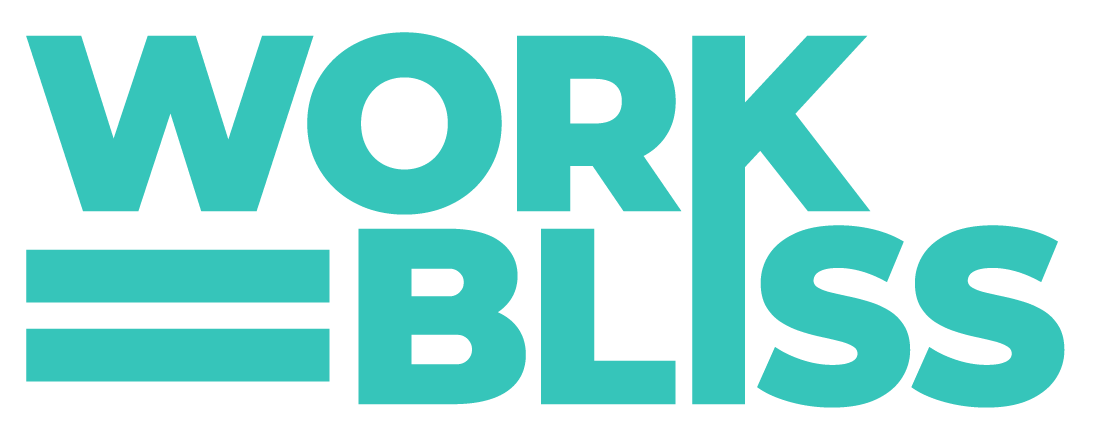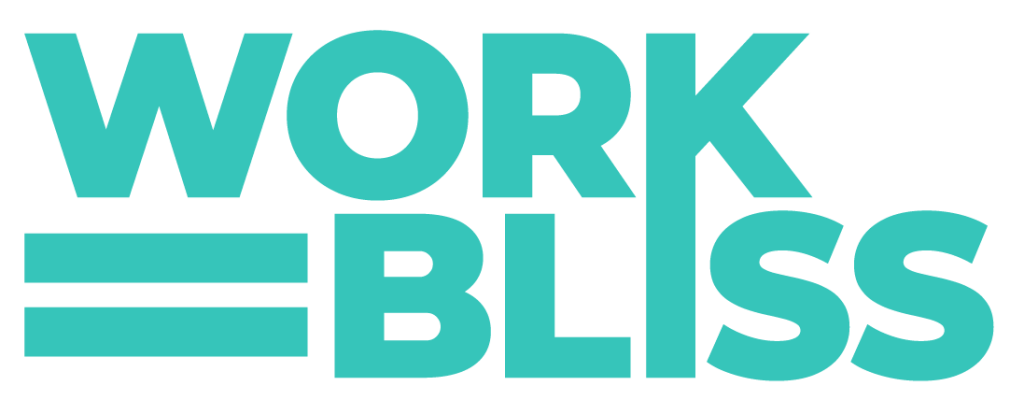Workday is a powerful tool in which various businesses can benefit from its resource planning software. However, when it comes to specific HR modules like compensation management, the built-in functionalities often fall short of meeting the complex needs of organizations.
In this blog, we will discuss the challenges faced by Workday customers in managing compensation and explore the importance of a more robust compensation management solution. We will also provide insights on what to look for in an alternative compensation tool to enhance your HR operations.
Disadvantages of the Workday Module
One of the challenges that many Workday customers encounter is the inadequacy of the compensation module. While Workday is renowned for its wide array of functionalities, it may not provide the level of granularity and customization required for compensation management. Here are some of the common issues Workday users face:- Inability to Create Complex Compensation Packages: Workday’s compensation module often lacks the flexibility needed to design intricate compensation packages. This limitation can be a significant hindrance, especially for organizations with unique compensation structures.
- Reliance on External Tools: Many Workday clients find themselves resorting to external tools, such as Microsoft Excel, to manage their complex compensation programs. This approach creates complexity and inefficiency in the compensation management process.
- Dependency on Consultants:The extensive capabilities of Workday often require the assistance of certified consultants to achieve a successful implementation. This dependence on consultants can lead to extra expenses, both during the initial setup and for continuous support and adjustments.
- Time-Consuming Administration: The complexity of managing compensation using Workday can result in a significant administrative burden, which is not an optimal use of HR resources.
Solutions for Workday Compensation Woes
For organizations grappling with the limitations of Workday’s compensation module, there is a viable alternative from many other providers. These solutions are designed to complement Workday and address the shortcomings of the compensation module. Here’s what you should look for in a new compensation management tool:- Configurability: Your compensation management tool should be highly configurable, allowing you to adapt it to your organization’s unique needs. This flexibility is essential for managing complex compensation structures effectively.
- Integration with Workday: The new compensation tool can seamlessly integrate with Workday. This integration ensures that all HR processes, including compensation management, can be handled within a unified platform.
- Reduction in Administration Time: Efficiency is key. Look for a tool that can reduce the administrative overhead associated with managing compensation. This will free up HR resources for more strategic tasks.
- Automation and Centralization: The compensation tool should provide the capability to automate and centralize employee compensation management. This streamlines the process, reduces errors, and enhances transparency.
- Transparent and Fair Communication of Rewards: Effective compensation management should prioritize transparent communication of rewards to employees. Look for a solution that facilitates fair and open reward distribution.



